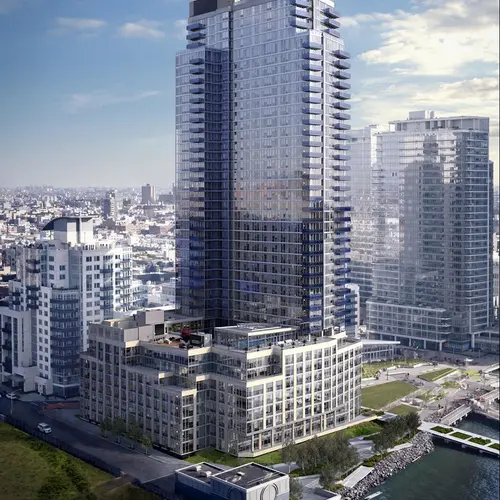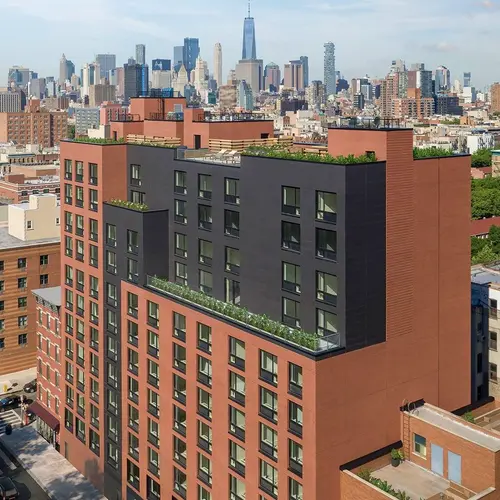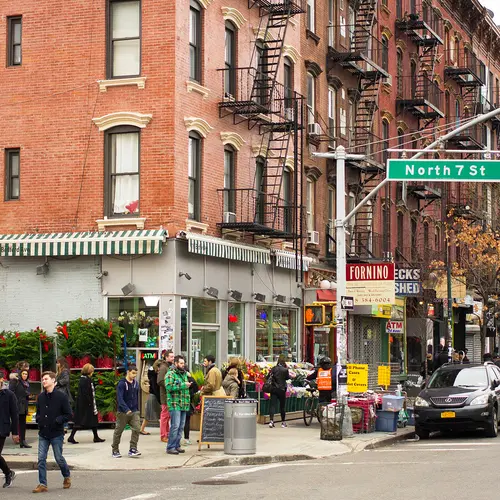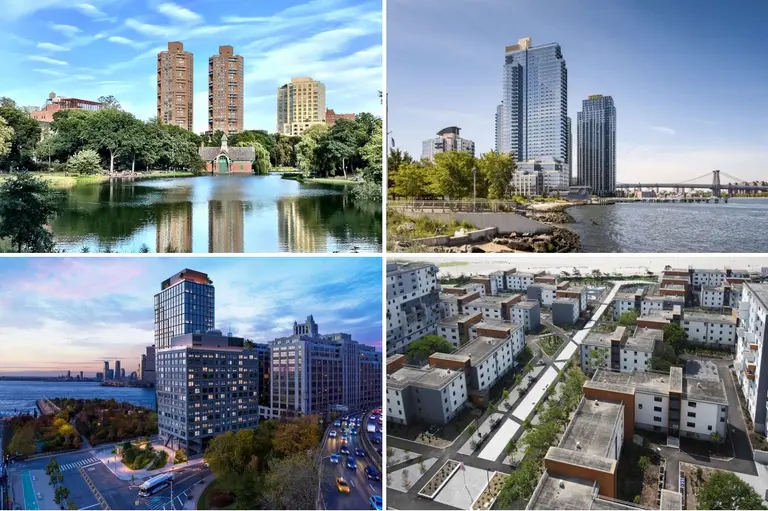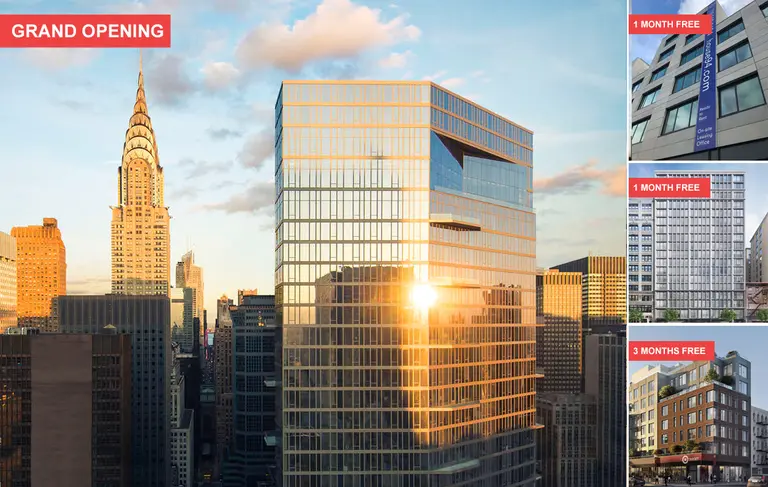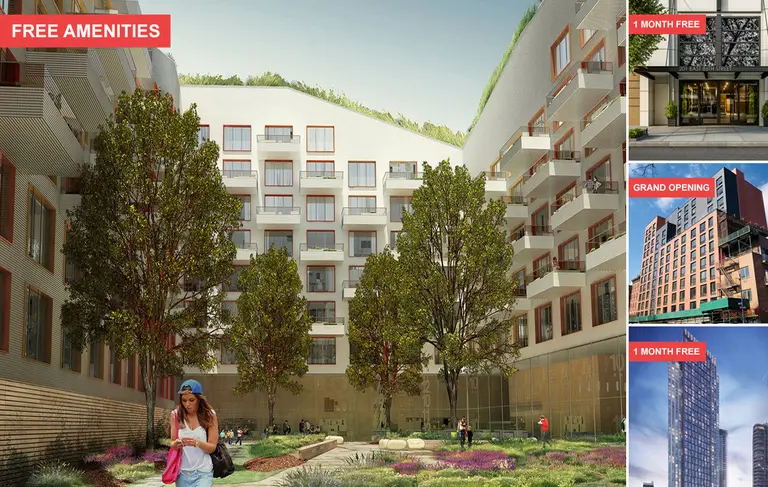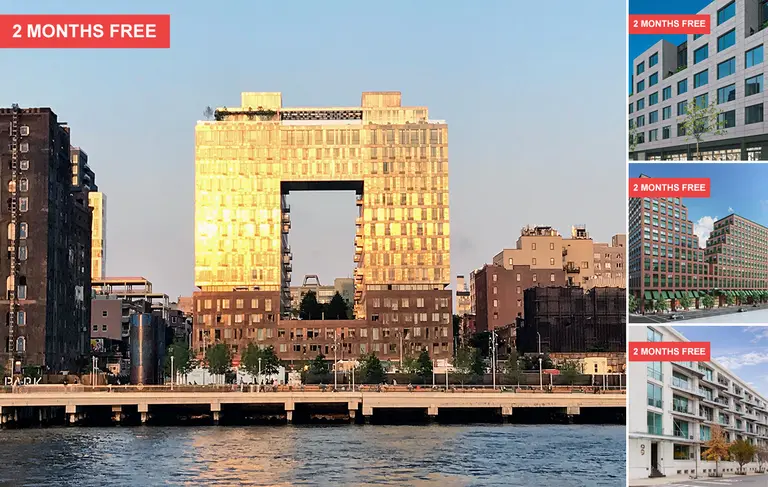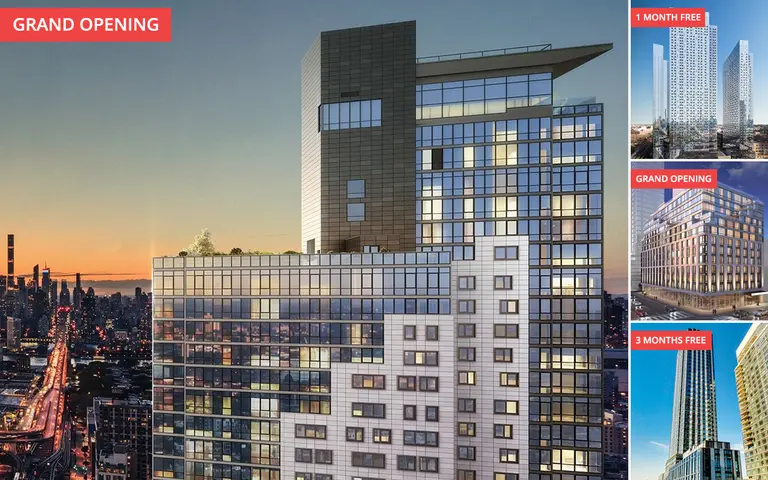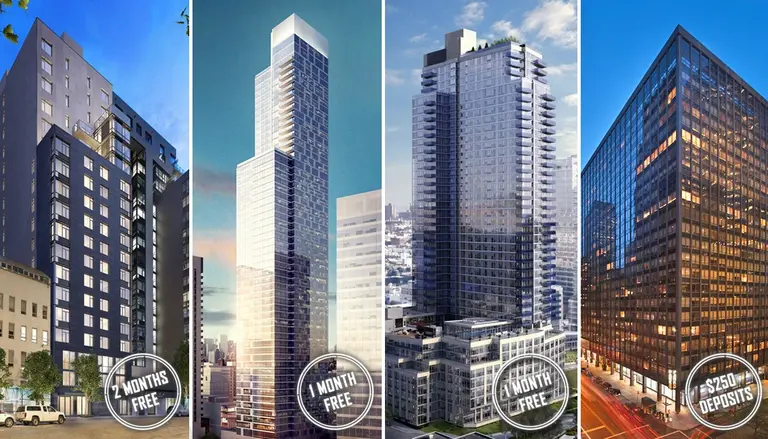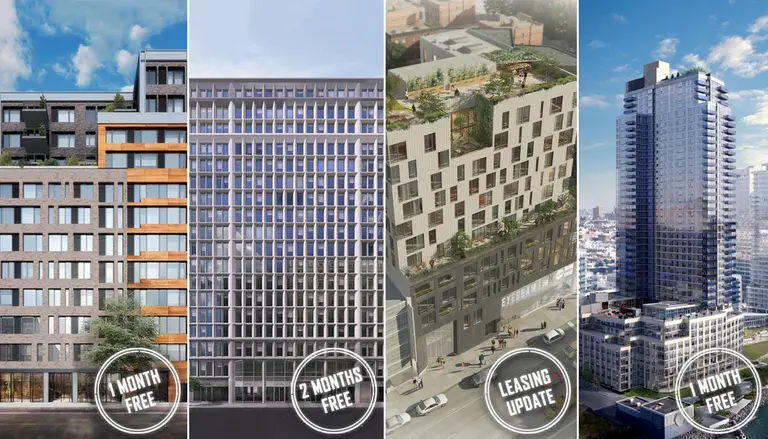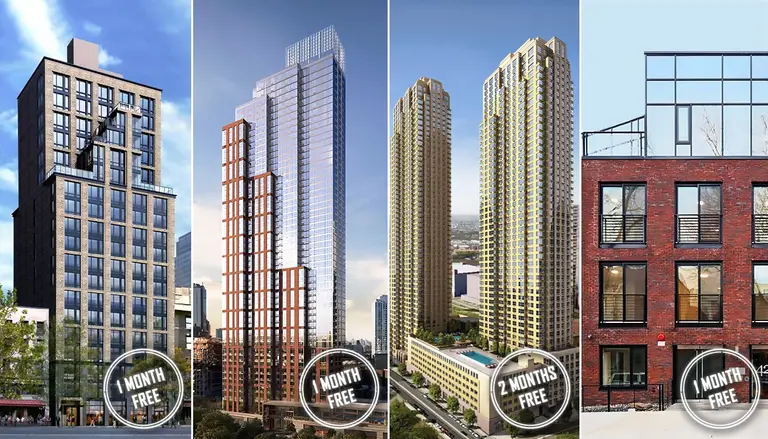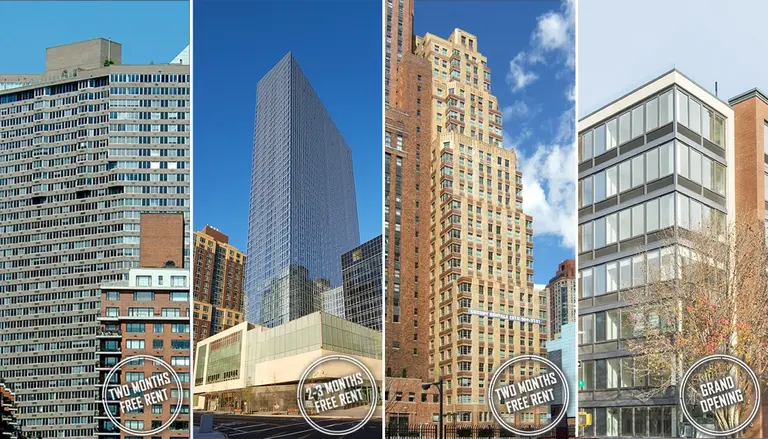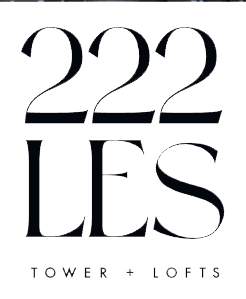No subway, no worries: Developers offer incentives to lure tenants off train lines
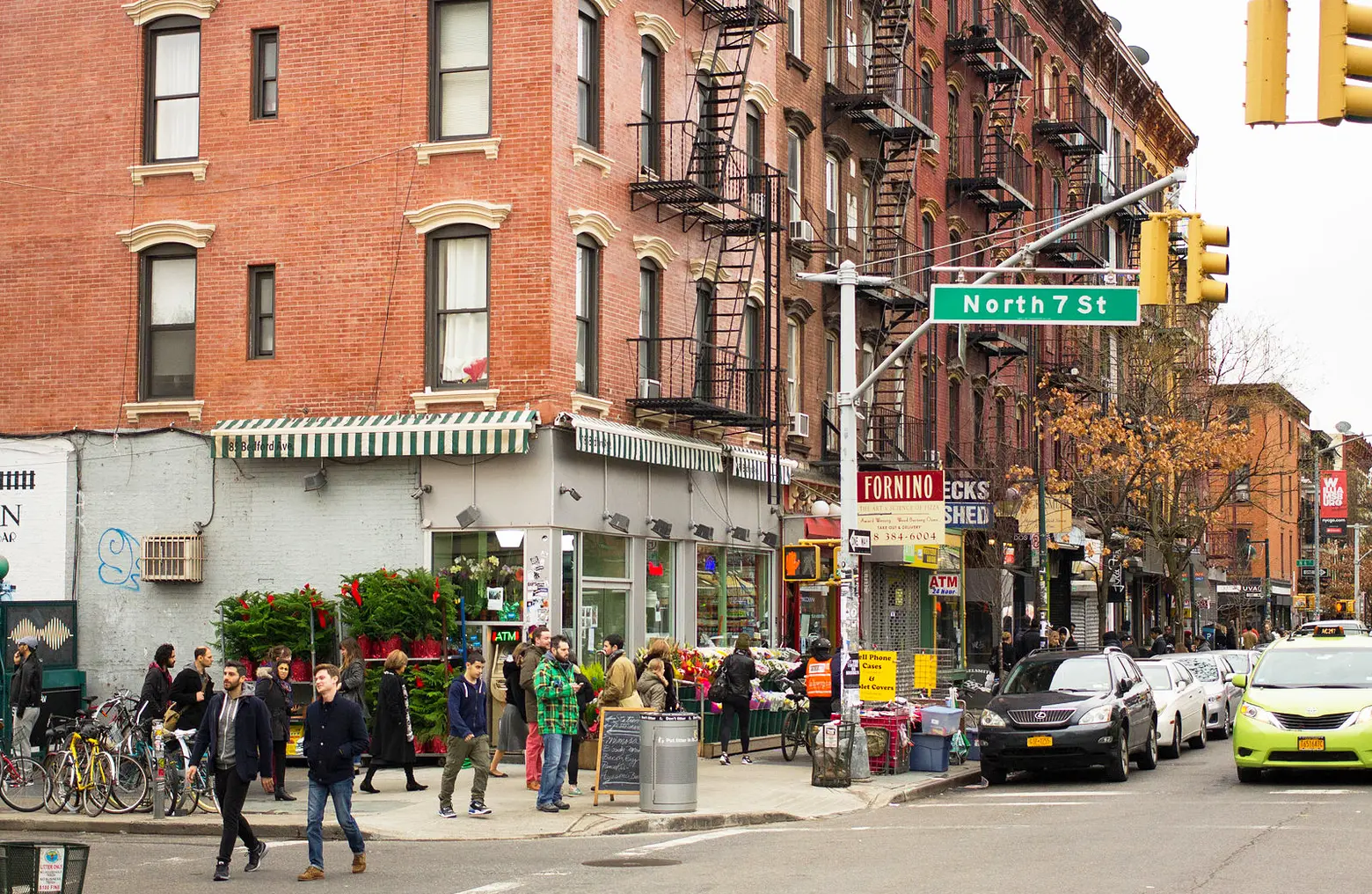
Williamsburg, where the L train shutdown will soon take effect, via Wiki Commons
Williamsburg, where the L train shutdown will soon take effect, via Wiki Commons
In a city with fewer car owners than nearly any other location in North America, it should come as no surprise that subway access is a key factor for most New Yorkers when they go on the housing market. In fact, many New Yorkers won’t even consider renting or buying if the address is more than a 10-minute walk from the nearest subway. This explains why some neighborhoods, including Greenpoint, which has a subway but not one that leads to Manhattan, and Alphabet City, which doesn’t have a subway at all, have long reported lower real estate values and rental prices that their nearest neighbors. However, there are growing signs that subway access may no longer matter as much as it once did.
While subway access remains important, it is increasingly no longer a deal breaker for developers or prospective tenants. In today’s real estate market, a growing number of developers are pouring money into developments located off the subway line, and many tenants don’t seem to mind. This may also explain why not all developers with projects located along the L line are worried about the pending shutdown, which is now slated to begin in April 2019.
Niko East Village offers free Citi Bike memberships and car share vouchers
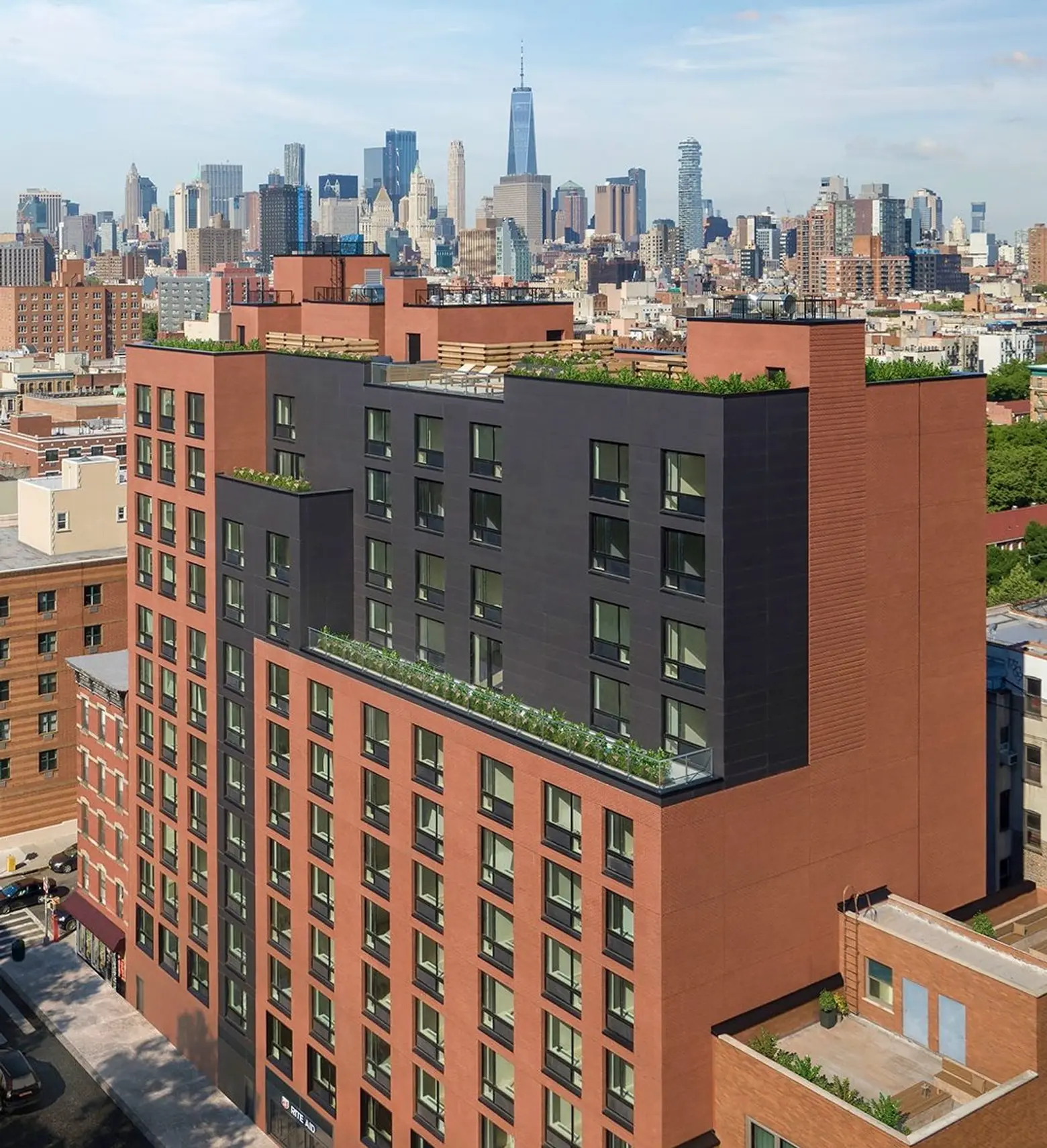 Rendering via Niko East Village
Rendering via Niko East Village
Over the years, Alphabet City has been known for many things, from graffiti to community gardens to squats. Even as the neighborhood changes and luxury condos sprout out next to longstanding squats, however, one thing remains the same: Alphabet City’s lack of proximity to public transportation. For many decades, the absence of a subway line kept Alphabet City largely immune to gentrification. Today, the neighborhood’s access to a subway line no longer seems to be a major concern.
One of the neighborhood’s newest developments is the Niko East Village at 751 East 6th Street. With the exception of 25 percent of the units that have already been distributed in an affordable housing lottery, rents in the building will run from $2,800/month for a studio to $6,000/month for a three-bedroom. While the building’s market rents are somewhat higher than average neighborhood prices, the Niko, located on Avenue D, isn’t just another converted walk-up. This new development is among the first to bring amenities ranging from indoor and outdoor lounges to a roof terrace to a fitness center to Avenue D. To lure potential candidates to eastern limits of Alphabet City, however, the Niko is also throwing in something else—transportation incentives. Specifically, tenants will benefit from free Citi Bike memberships and $500 gift cards that they can use for any rideshare company.
Katherine Kelman, Associate Director at L+M Development Partners, explains that the decision to offer transportation incentives came after careful consideration of prospective tenants’ needs, but she admits that in today’s world of work, the need to be close to a subway stop is also less important than it was in the past. “I think it’s important to note that not all of our tenants and prospective tenants have a 9-5 job,” says Kelman. “Some work remotely, some have flexible schedules, and some are students. This is one reason we felt comfortable moving into the neighborhood.”
Kelman also notes that despite being far from a subway, there are a lot of different options for transportation. Tenants at the Niko will have access to two Citi Bike docking stations, and they can use their gift card for any rideshare company. In addition, the neighborhood has great bus access.
Developers’ varied responses to the looming L train shutdown
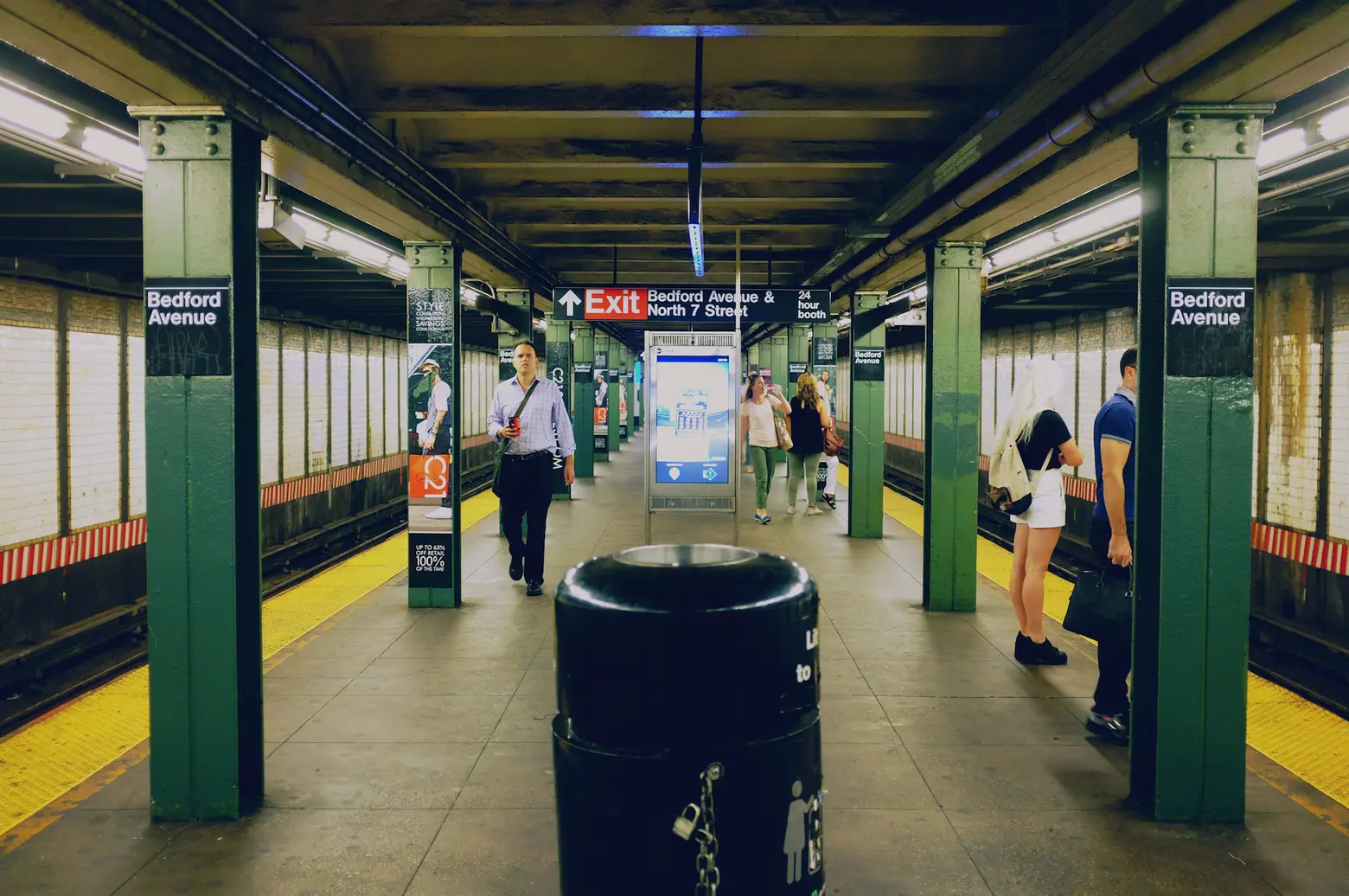 Photo via Flickr cc
Photo via Flickr cc
While Alphabet City has never had subway access, several other New York City neighborhoods are now preparing for life sans subway, including Williamsburg, East Williamsburg, and Bushwick. Some developers are already offering transportation incentives to attract and retain tenants over the course of the L’s anticipated 15-month shutdown, while others suspect that the subway line’s shutdown may not have a significant impact on leasing after all.
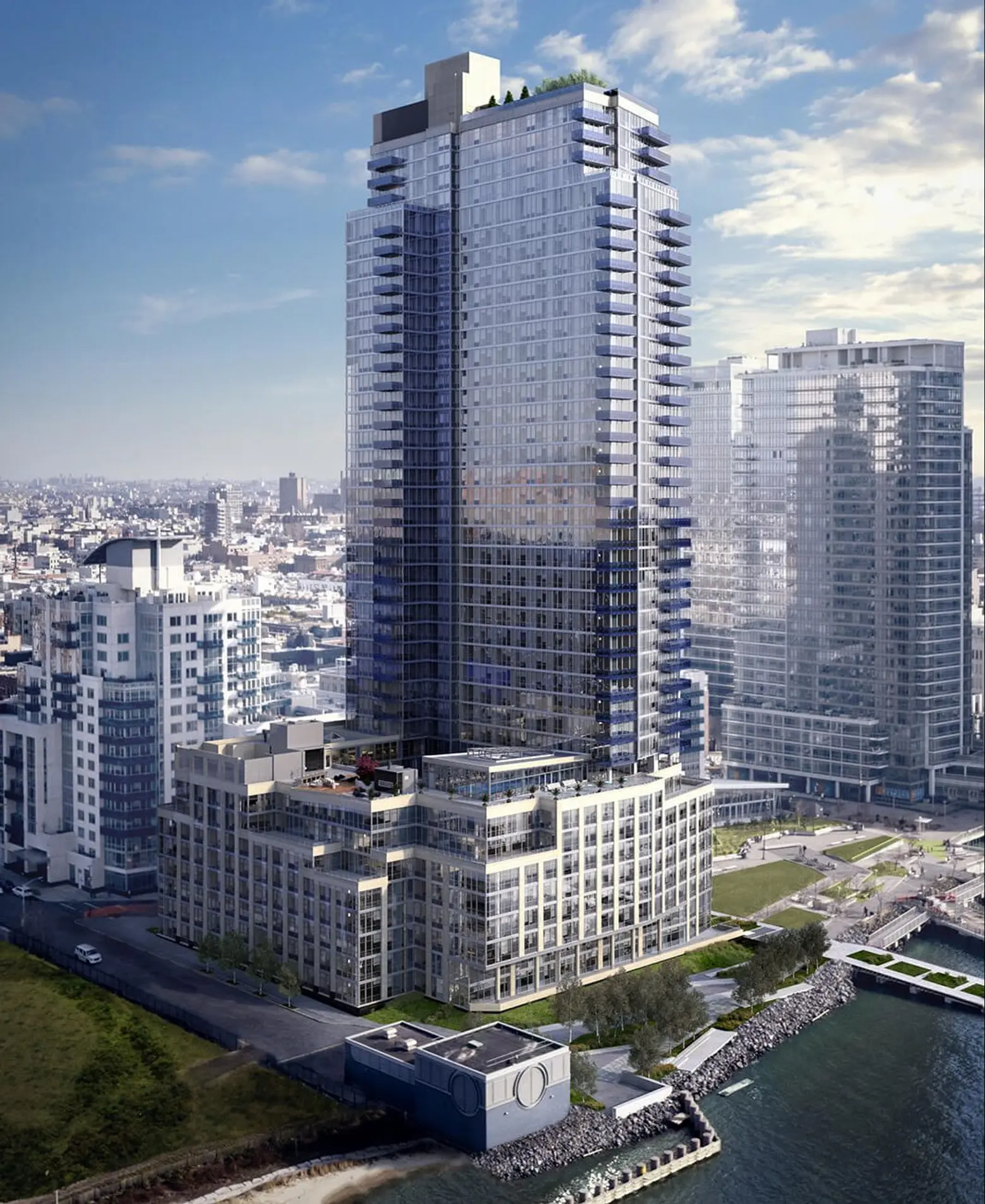 Rendering via LEVEL
Rendering via LEVEL
At LEVEL, at 2 North 6th Place in Williamsburg—where studios start at just under $2,800/month and three-bedrooms are currently being offered at $5,500/month—residents are already being offered access to a free car-sharing service. Once the L shuts down, Level will also be offering a complimentary shuttle to the Greenpoint G and Marcy Avenue J, M and Z subway lines. For anyone who doesn’t want to shuttle to the subway, however, Level BK also has another advantage—it’s located just steps away from the East River Ferry site.
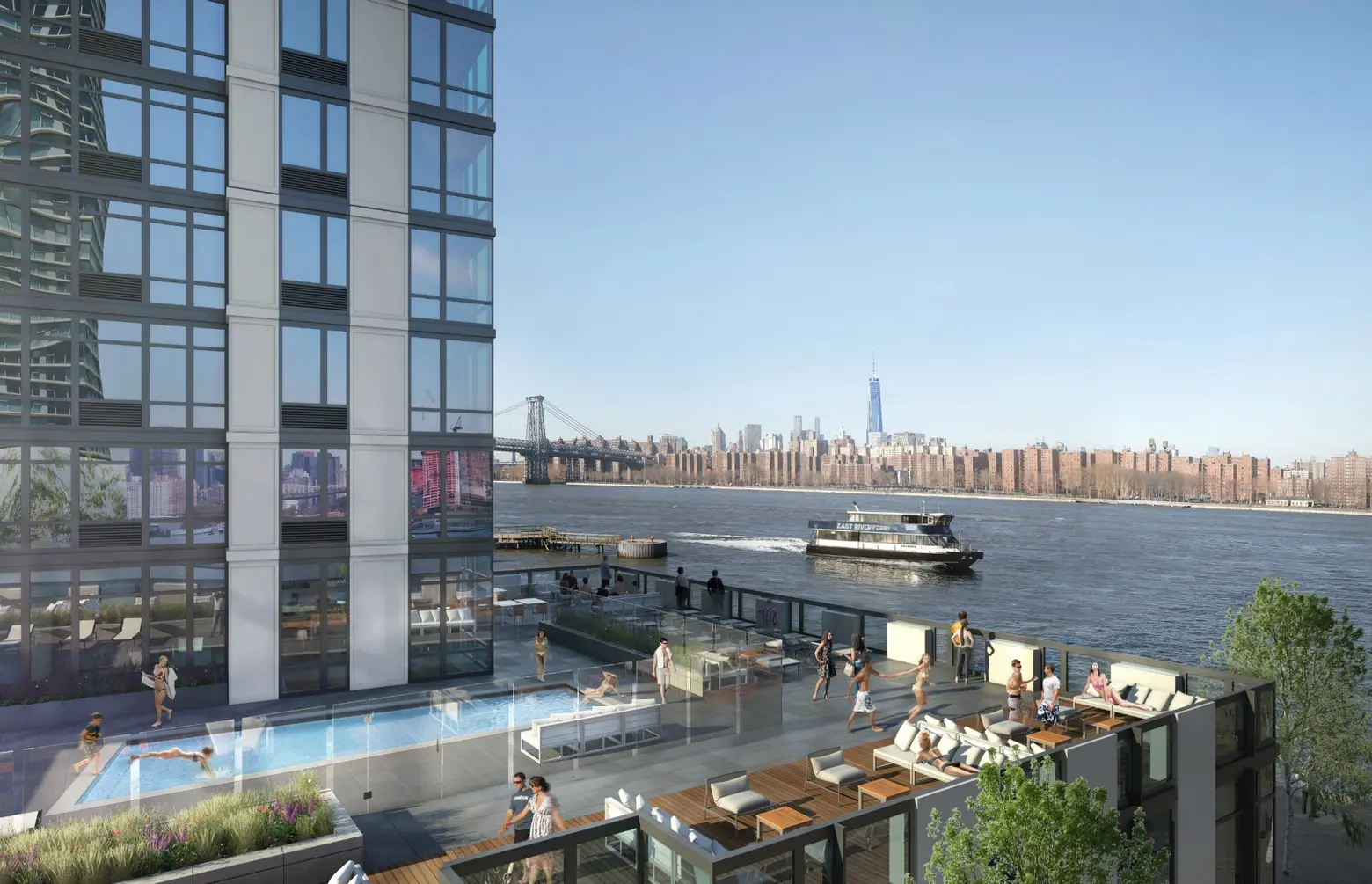 Rendering via 1N4th
Rendering via 1N4th
At 1N4th, plans are also in place to ensure that residents don’t find themselves stranded once the subway shuts down. Douglaston Development has announced that it will also be offering a shuttle service from 1n4th to the Marcy Avenue JMZ station, which is located approximately one mile away. Currently, the closest subway is the Bedford Avenue L stop, which located only seven blocks away from 1n4th.
Despite some developers plans to offer incentives to residents once the L train shuts down for repairs, not all developers think the shutdown will have a significant impact on leasing activity. Alison Novak of Hudson Companies, for example, says that they are taking a wait-and-see approach since so far, prospective tenants at their Williamsburg development House No.94 don’t appear to be concerned at all. As Novak explained, “We are cautiously optimistic that it won’t be an issue, and certainly, so far, our leasing agents aren’t reporting any concerns.”
Novak suspects there are two factors that may account for the fact that prospective tenants feel less anxious about the L line’s shutdown than many developers and agents anticipated First, there are a growing number of people who work at home or work in a shared workspace, including the popular WeWork location in Williamsburg that is only a short walk from House No.94. Second, increasingly, people aren’t just living in Williamsburg but also working in the neighborhood. Novak notes that Hudson Companies is also currently overseeing a new commercial development in East Williamsburg. “More companies are recognizing the value of being based in Brooklyn where most of their employees already live,” says Novak, “In the future, the need to commute to Manhattan will likely become less of a factor for tenants.”
